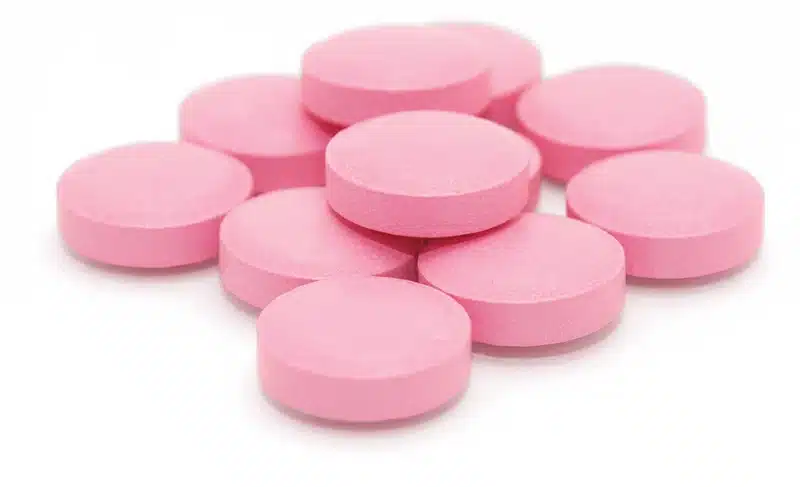The modern world has introduced new challenges and dangers, including those related to viruses, infections and unprecedented levels of toxins that can trigger weakened immune systems and debilitating chronic inflammation. Now more than ever is the best time to support a healthy immune system, thereby supporting healthy inflammatory responses. Here are some science-supported ideas to get you started.
Vitamin C
Antioxidants like vitamin C help protect cells from oxidative damage caused by harmful free radicals. Immune cells can be particularly susceptible to damage from oxidative stress, and vitamin C helps neutralize these free radicals, aiding in the proper functioning of immune cells. Vitamin C is necessary for the synthesis of collagen. Collagen plays a crucial role in wound healing and maintaining the integrity of skin, blood vessels, digestive lining and other connective tissues. A healthy barrier is an important part of the body’s defense against harmful pathogens. Vitamin C stimulates the production of white blood cells to help fight infection. Studies show vitamin C supplementation helps reduce the duration and severity of colds and provide symptom relief.
Many people, especially older adults, experience a decrease in their vitamin D levels as they age. Studies have shown that vitamin D deficiency is associated with increased hospitalization of older adults, independent of markers of physical and cognitive frailty. Evidence suggests that vitamin D deficiency is associated with increased risk and greater severity of infection.4 Vitamin D helps modulate the immune system, reducing inflammation and promoting the body’s defense against infections.
Elderberry
Black elderberry fruit possesses powerful antioxidant, anti-inflammatory and antiviral compounds that can enhance the production of cytokines, which are signaling molecules that play a role in the immune system’s response to infections.5 Because of its antiviral properties, elderberry is shown to help reduce the severity and duration of respiratory infections, such as the common cold and influenza.
Zinc
Zinc is important for the development and function of immune cells, which are crucial for cellular communication during immune reactions. Immune cells are integral to the body’s defense against infections, and they support healthy inflammation. Zinc is a cofactor for more than 200 enzymes in the body involved in immune function, DNA synthesis and cell division. These processes are crucial for the proper functioning of immune cells and overall immune system activity. Zinc is also a powerful antioxidant that helps protect cells from oxidative stress and damage caused by free radicals. Immune cells are particularly susceptible to oxidative stress, so maintaining optimal zinc levels can support their function. When supplementing with zinc, I recommend zinc gluconate for its immune-boosting potential.
Self-Care There is no quick fix for building a strong immune system. It’s important to note that a weakened immune system is influenced by various factors, including poor lifestyle choices, environmental factors and genetics. Building and maintaining a healthy immune response involves adopting self-care efforts, including regular exercise, a balanced diet, stress management, adequate sleep and avoiding exposure to pathogens, toxins and pollutants.
About Paul Bernitt, DHH

Paul Bernitt, DHH Passionate advocate for helping others experience greater physical, emotional and spiritual wellness. Board-Certified Doctor of Holistic Health and Director of Wellness Services, TriVita, Inc.
References
1. https://www.ncbi.nlm.nih.gov/pmc/articles/PMC5409678/
2. https://www.ncbi.nlm.nih.gov/books/NBK279544/
3. https://www.ncbi.nlm.nih.gov/pmc/articles/PMC7918803/
4. https://www.ncbi.nlm.nih.gov/pmc/articles/PMC3756814/
5.https://www.ncbi.nlm.nih.gov/pmc/articles/PMC8026097/#:~:text=There%20is%20some%20evidence%20that,12%2C%2014%2C%2015%5D
6. https://www.ncbi.nlm.nih.gov/pmc/articles/PMC4848651/
7.https://pubmed.ncbi.nlm.nih.gov/9701160/#:~:text=It%20is%20clear%20that%20zinc,neutrophils%20and%20natural%20killer%20cells
8 https://www.ncbi.nlm.nih.gov/pmc/articles/PMC3648744/









